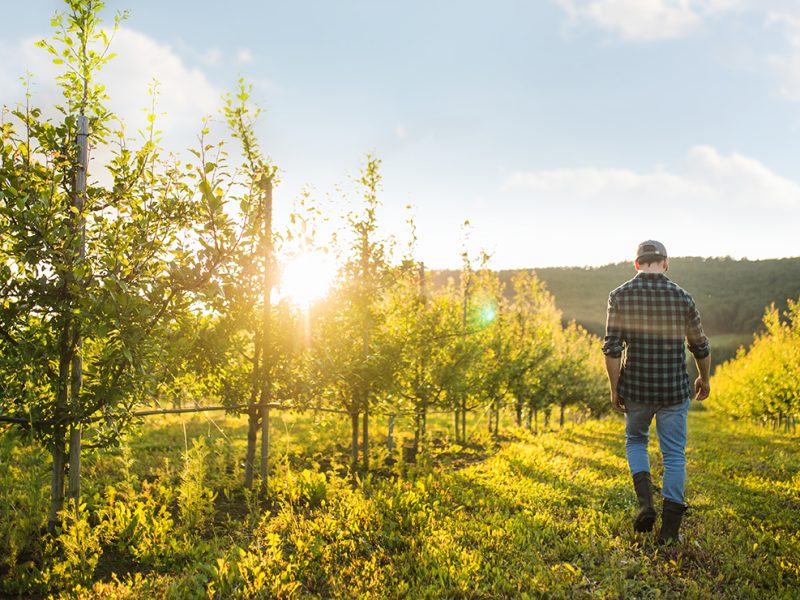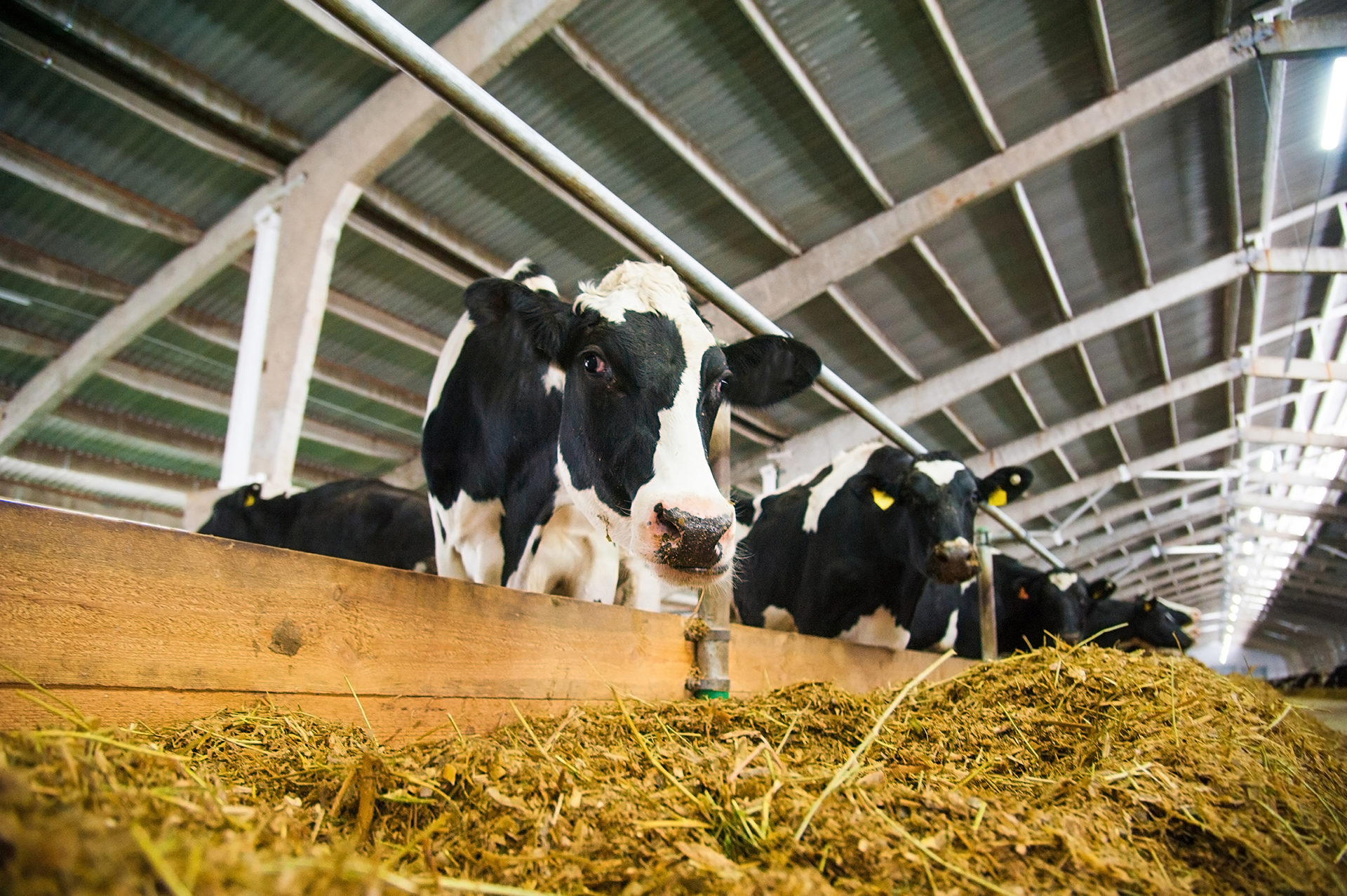BC tree fruit growers face significant pressure this season following January’s freeze event and ongoing market uncertainties, but the sector’s new leadership wants them to know they’re not alone.
An open letter to growers this week from BC Fruit Growers Association general manager Melissa Tesche, who took over from Glen Lucas on March 1, put a personal emphasis on the mental wellness challenges growers face.
While expressing enthusiasm for her role, Tesche was blunt about the impact extreme weather and market pressures are having on association members, who have been leaving the sector by the dozen.
“I hear the stress in your voices and see the pain in your faces when you share your financial situations and you talk about the future of farming in the Okanagan,” she writes. “I come from a family of farmers, and I’ve watched my own family members suffer in silence and self-medicate with alcohol and drugs.”
Most important, Tesche noted that she has experienced periods of depression herself, and lost a family member to suicide.
“We need to change this, especially in these extremely tough times,” she says. “Please, don’t suffer alone and in silence.”
Coinciding with Mental health Week (May 4-11), Tesche’s plea was accompanied by links to key resources for the sector, including the new 988 mental health crisis line that debuted in Canada last fall.
Growers in crisis can call or text the number for immediate support.
Ongoing, long-term support is available through AgSafe BC’s free and confidential counselling service for growers. Workers can contact any one of 19 counsellors directly for support.
AgSafe also offers free training in mental health awareness and suicide prevention to BC’s agricultural community through its AgLife Connector program.
Tesche encouraged growers to “Talk more. Listen more. Ask more,” as the Do More Ag Foundation puts it in order to better support themselves and others in difficult times.
Do More Ag hosts its own platform AgTalk, which provides a safe and anonymous space where growers can discuss their concerns for themselves, their family and friends during periods of difficulty.
“We’ve got some divisions in the tree fruit sector, sure, but growers have a lot more in common with each other than they have differences,” Tesche says. “We’re stronger together. We’re healthier together.”


 BC FIRB challenges WMP plans
BC FIRB challenges WMP plans